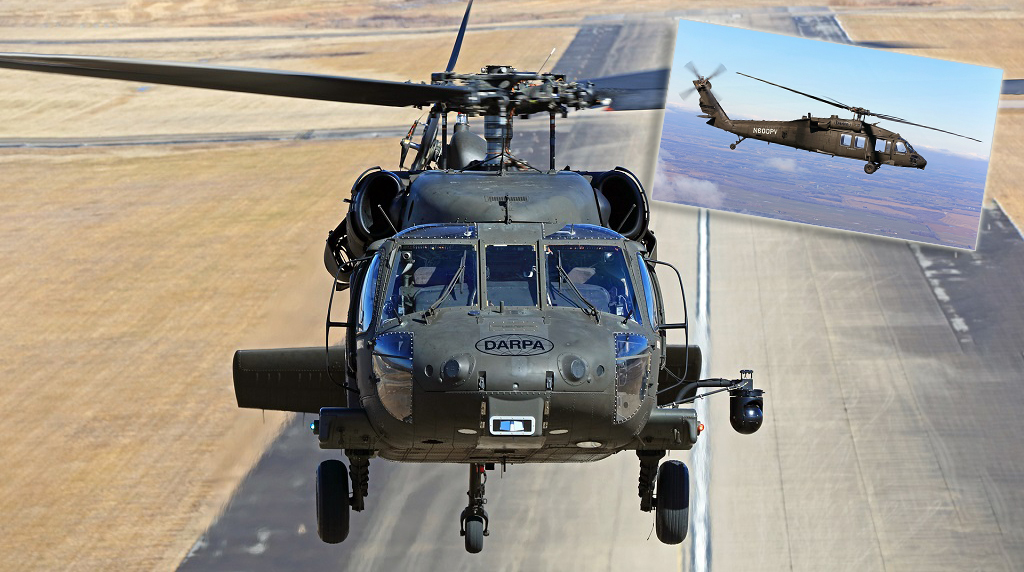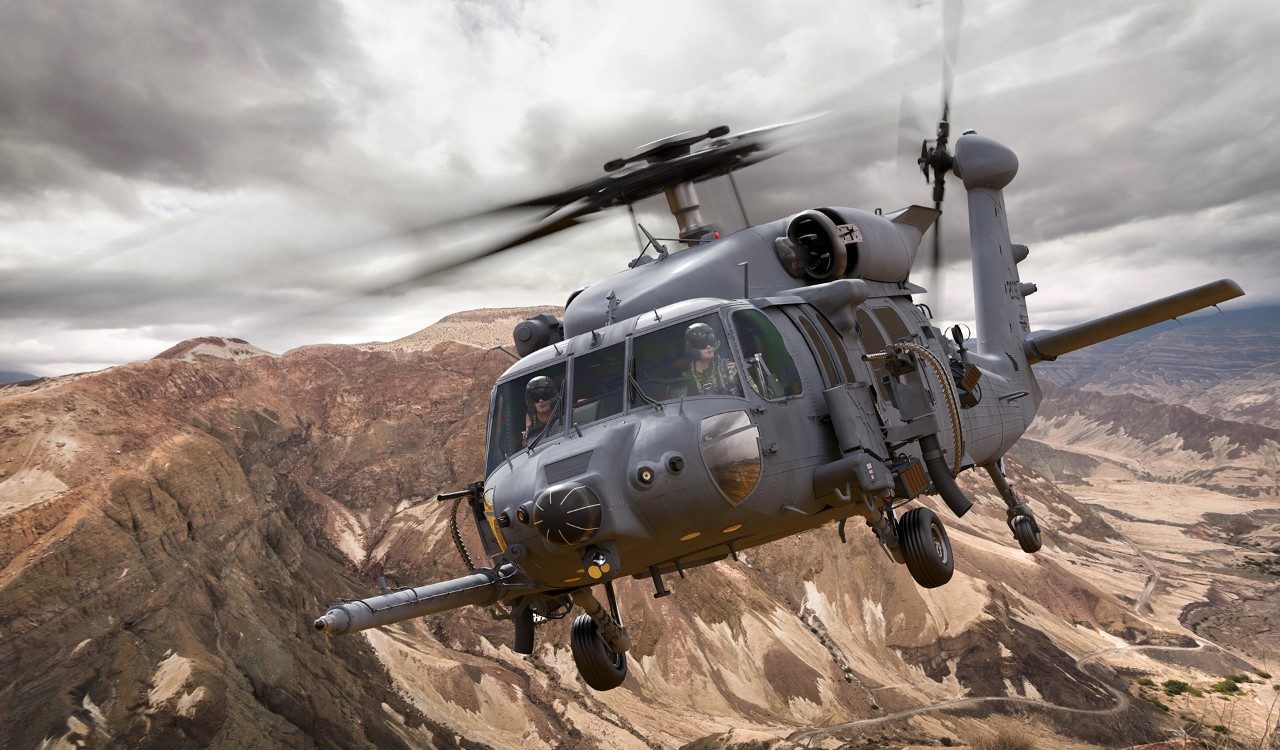UH 60 Helicopter Overview: Every Little Thing You Need to Know
UH 60 Helicopter Overview: Every Little Thing You Need to Know
Blog Article
The Influence of Lasting Practices on the Future of Airplane Workflow and Emissions Reduction
As the air travel sector deals with raising examination over its ecological effect, the adoption of sustainable practices arises as a vital path towards future airplane operations and discharges decrease. Developments in lasting air travel gas and improvements in hybrid propulsion innovations stand at the leading edge of this transformation, encouraging significant decreases in greenhouse gas discharges.

Review of Lasting Practices
Sustainable practices in airplane procedures encompass a variety of methods focused on lowering environmental effect while preserving functional efficiency. These methods are necessary in the aviation sector's dedication to decreasing its carbon impact and sticking to worldwide ecological standards. Secret initiatives consist of enhancing trip courses to lower gas usage, enhancing upkeep procedures to guarantee airplane operate at peak efficiency, and executing innovative innovations such as winglets and light-weight products that boost aerodynamics.

Engaging and training personnel on sustainability methods also play a vital function, cultivating a society of environmental obligation within companies. Overall, the assimilation of these sustainable methods not just helps in reducing emissions yet also boosts the lasting viability of the aviation industry, guaranteeing it meets the demands of both clients and governing bodies while adding to international sustainability goals.
Cutting-edge Fuel Alternatives
Many innovative fuel alternatives are becoming essential options to decrease the aeronautics industry's dependence on traditional nonrenewable fuel sources. Amongst these options, Sustainable Air travel Fuels (SAFs) have actually gained substantial focus as a result of their possible to lower lifecycle greenhouse gas exhausts by as much as 80% contrasted to conventional jet gas. SAFs are stemmed from different feedstocks, consisting of waste oils, farming deposits, and also algae, making them a functional choice for the industry.
One more promising option is hydrogen gas, which, when utilized in gas cells, produces only water vapor as a byproduct. In addition, electric propulsion systems are being checked out, leveraging battery innovation to power aircraft.
Last but not least, biofuels obtained from biomass are being investigated, providing a sustainable choice that can be blended with typical fuels. Collectively, these innovative gas options stand for an important action toward accomplishing a sustainable aviation community, straightening with global discharges decrease targets and enhancing the industry's environmental stewardship.
Technical Innovations in Aviation

Exactly how can technological advancements improve the future of air travel? The combination of cutting-edge technologies is critical in transforming airplane procedures, improving effectiveness, and minimizing exhausts. Innovations such as electric and hybrid propulsion systems are at the forefront, appealing considerable decreases in gas consumption and greenhouse gas discharges. These systems leverage improvements in battery modern technology and energy monitoring, making it possible for aircraft to operate with a lower ecological footprint.
Furthermore, the execution of sophisticated materials, such this website as light-weight composites, adds to boosted the rules of aerodynamics and fuel performance. The usage of expert system and machine knowing in trip procedures optimizes course planning and reduces fuel burn by enabling real-time changes based on weather condition and website traffic conditions. Furthermore, the growth of self-governing and remotely piloted airplane systems stands to change cargo and guest transport, possibly raising efficiency while reducing human error.
In addition, sustainable aviation technologies, consisting of innovative air traffic management systems, can simplify operations and decrease blockage, resulting in lower emissions during trip. These innovations collectively represent a standard change in aviation, promising a future where sustainability and operational performance are intertwined, thereby sustaining the industry's commitment to decreasing its ecological impact.

Governing Structure and Conformity
Because of the expanding focus on ecological stewardship within the air travel industry, the regulatory structure governing aircraft procedures is advancing to promote lasting practices. Governing bodies, such as the International Civil Air Travel Company (ICAO) and various national aviation authorities, are presenting rigid standards aimed at minimizing exhausts and enhancing operational effectiveness.
These laws often include the fostering of Lasting Aeronautics Fuel (SAF), which has been identified as a vital component in accomplishing lower carbon footprints. In visit site addition, conformity with these policies requires airline companies to carry out innovative innovations and operational techniques, such as optimized flight paths and improved air website traffic management, to minimize gas usage.
Additionally, the enforcement of emissions trading schemes and carbon offsetting efforts is coming to be increasingly common, engaging airline companies to monitor and report their exhausts properly. Non-compliance can result in substantial penalties, hence pushing drivers to prioritize sustainability in their company models.
Inevitably, the progressing regulatory landscape not only drives advancement and investment in eco-friendly modern technologies but also fosters a culture of responsibility within the air travel industry. As these structures remain to establish, the concentrate on lasting methods will certainly be integral to achieving the industry's long-term environmental objectives.
Future Trends in Airplane Procedures
As the air travel sector adapts to a significantly stringent regulative environment, future trends in aircraft procedures are established to concentrate on ingenious solutions that even more improve sustainability and efficiency - uh 60. Trick advancements will likely consist of the fostering of sophisticated air web traffic monitoring systems, which make use of real-time data and synthetic knowledge to maximize flight paths, lowering fuel usage and emissions
Another considerable pattern is the raised integration of lasting aviation gas (SAFs) These choices to traditional jet fuel, obtained from sustainable resources, can considerably reduce lifecycle greenhouse gas emissions. The market's dedication to SAFs will likely speed up as airlines work together with gas manufacturers to make sure schedule and cost-effectiveness.
In addition, the press in the direction of electrification and hybrid propulsion systems is getting energy. Arising airplane styles will incorporate these technologies, using quieter and much more effective operations, specifically for short-haul trips.
Conclusion
In conclusion, the integration of sustainable techniques in airplane procedures holds significant possibility for discharges reduction and enhanced performance. The fostering of sustainable aeronautics gas, coupled with improvements Get the facts in electric and hybrid propulsion systems, is crucial for minimizing lifecycle greenhouse gas discharges. Maximizing flight courses and welcoming cutting-edge technologies add to a quieter and extra environmentally friendly air travel sector. Jointly, these efforts line up with international sustainability objectives and lead the means for a greener future in aviation.
Technologies in lasting aeronautics fuels and improvements in hybrid propulsion technologies stand at the forefront of this improvement, promising considerable decreases in greenhouse gas discharges.Numerous innovative fuel options are emerging as critical remedies to lower the air travel industry's reliance on standard fossil gas - uh 60. Amongst these alternatives, Lasting Air travel Fuels (SAFs) have actually acquired substantial interest due to their potential to reduce lifecycle greenhouse gas exhausts by up to 80% contrasted to standard jet gas.One more considerable fad is the boosted combination of lasting air travel gas (SAFs) The adoption of sustainable aviation fuels, combined with advancements in hybrid and electric propulsion systems, is important for lessening lifecycle greenhouse gas discharges
Report this page